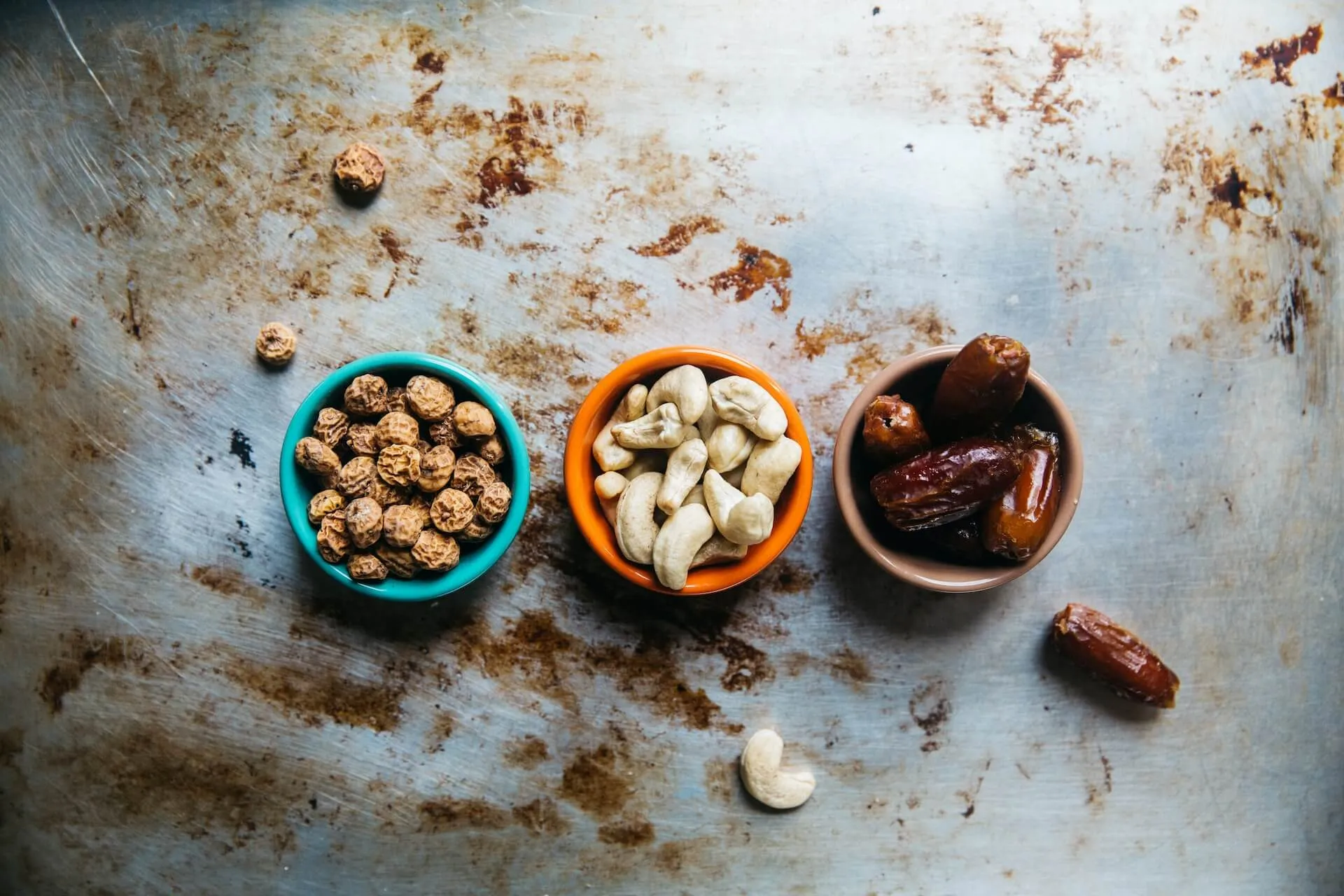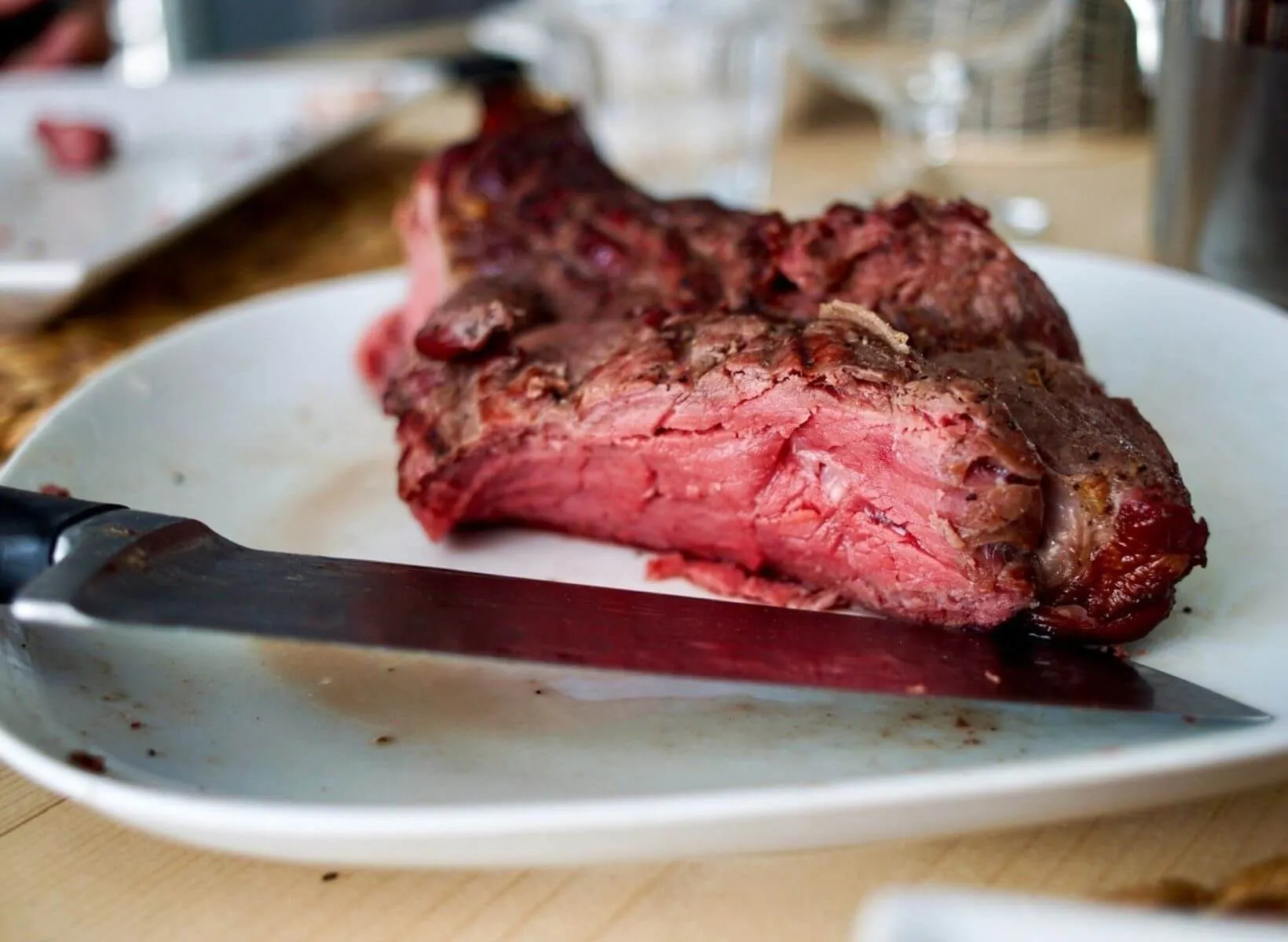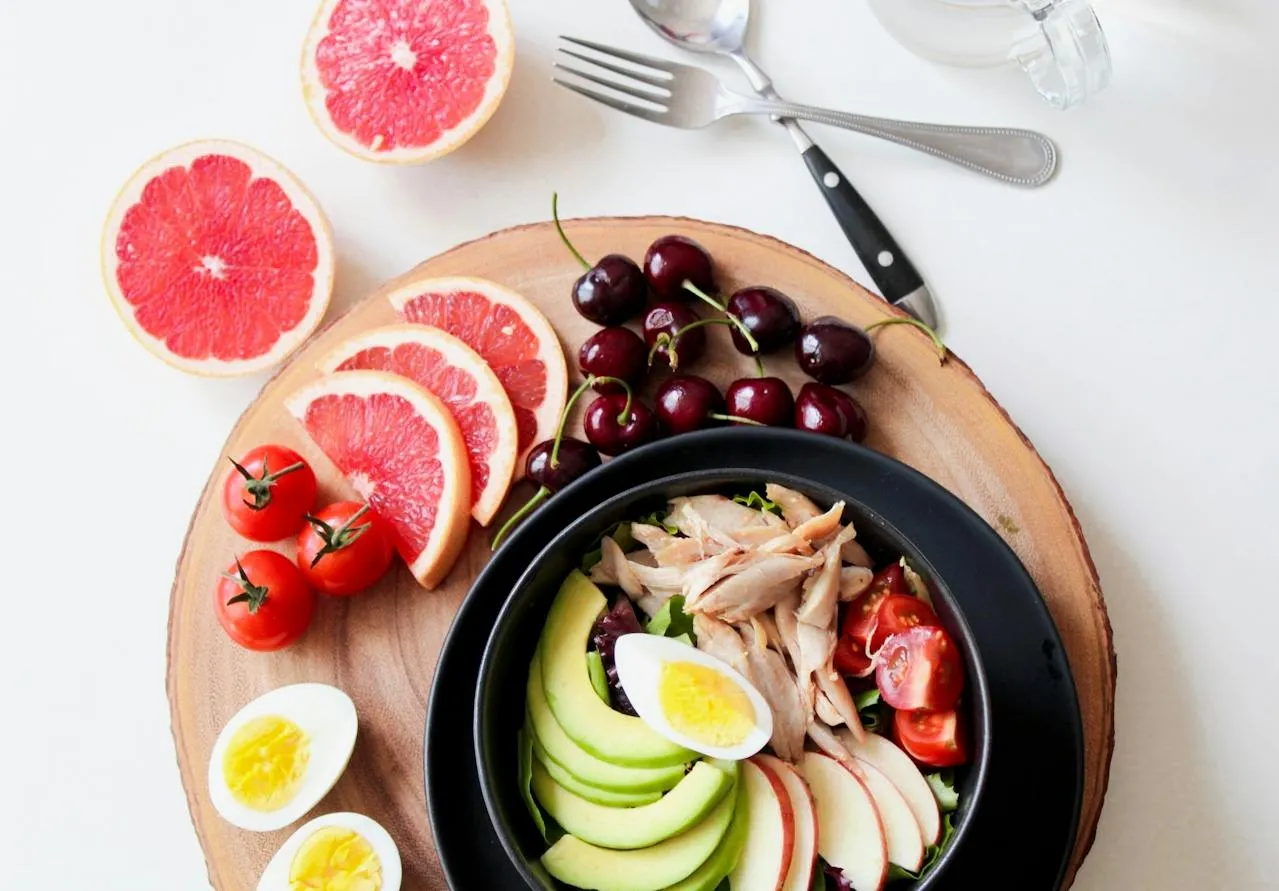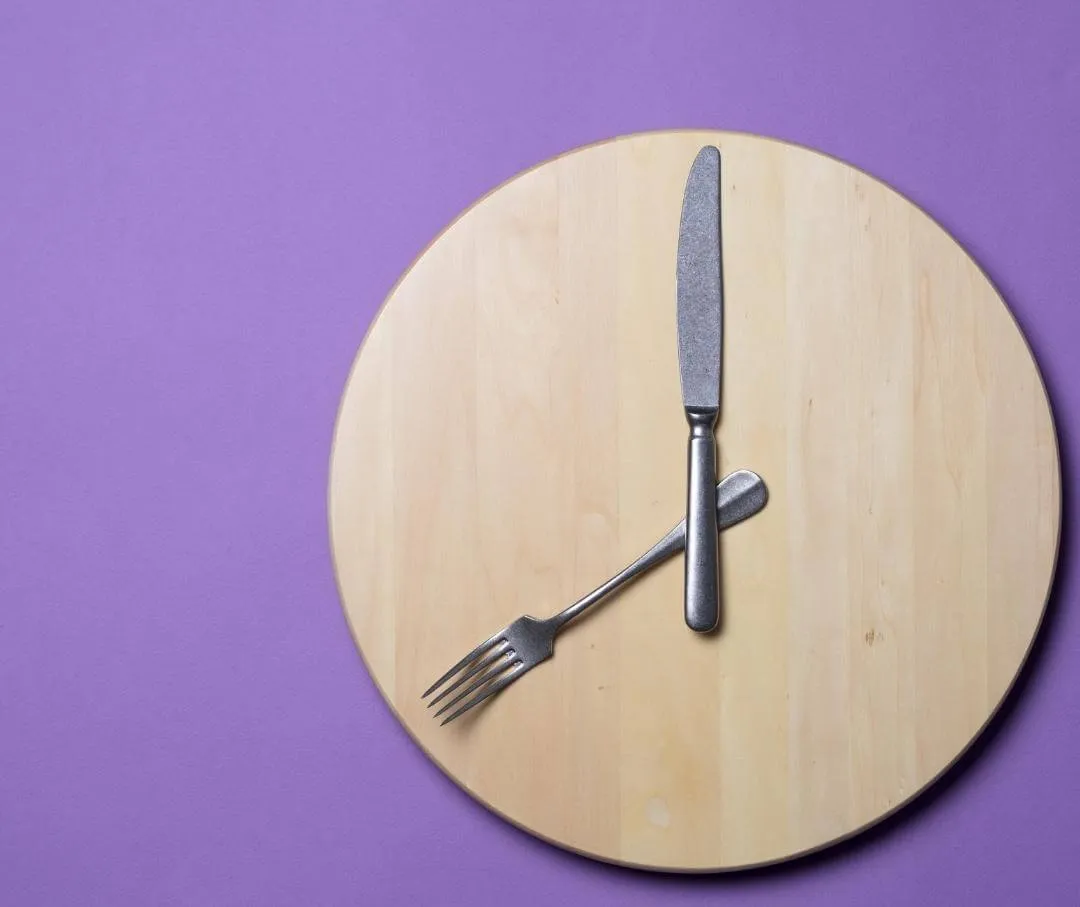You have likely heard of intermittent fasting. This eating trend has gained popularity over the past ten years but has been used since the 1960s as a successful diet for people with obesity and related complications. However, fasting intermittently for healthy and religious reasons has been practiced for thousands of years.1
There is no one perfect way to eat. Every person is unique. Intermittent fasting can be beneficial for some. However, people with certain medical conditions need to practice intermittent fasting safely. Glucose levels could go too low for individuals living with diabetes. For others, intermittent fasting may not fit their lifestyle, or they may want to eat socially during fasting periods.
This article overviews intermittent fasting and how it differs from other diets and reviews its health benefits. You will also learn what is allowed during a fast, how to eat after a fast, and if intermittent fasting can be helpful for you.
{{mid-cta}}
What is Intermittent Fasting?

Intermittent fasting is when someone consumes very little or no calories for specific periods. Fasting time frames or fasting windows typically range from 12 to 16 hours of fasting daily or fasting the entire day (24 hours) two times a week. Typically, in a fasting window, calorie consumption is restricted entirely or reduced to 25 percent of a person’s average daily calorie intake.1
Generally, non-calorie beverages, like water or coffee, are allowed during fasting periods.
Fasting windows can be customized to a person’s individual preference. Intermittent fasting is flexible regarding when you set your fasting window. Some people fast primarily in the morning and eat from 1 pm until 7 pm. When a person is in a non-fasting time or eating window, there are minimal rules regarding how much or what types of food are consumed.
<div class="pro-tip"><strong>Also Read: </strong><a href=low-blood-pressure-fasting>How Intermittent Fasting Can Lead to Lower Blood Pressure</a></a>.</div>
What Can You Consume When Fasting?
Only beverages with no calories should be consumed to maintain a fasted state.
- Water: opt for plain and carbonated water to stay hydrated during a fast.
- Tea: no cream, sugar, or milk additions allows you to drink tea during a fasting window.
- Black Coffee: no cream, sugar, or milk maintains a fast due to no calories in coffee. Other spices, such as cinnamon, could be added.
What About Supplements?
A fasted state can start after 12 hours of not eating. This occurs after muscle and liver glycogen stores are depleted, and the body uses stored fat and protein as energy sources. If you eat, this process is halted, and the food will be digested and made into an energy source. Certain supplements can break your fast and should be avoided.5
Supplements containing calories, carbohydrates, protein, and sugar would break a fast and switch your body from using stored nutrients to the nutrients you consumed. During a fasting window, it is essential to maintain no calorie intake.
Below are some supplements that break a fast and those that are generally considered fine to ingest during a fasting window. Check the supplement nutrition label for any calories, carbohydrates, protein, and sugar to determine if the supplement should be taken during the eating or fasting window.
Supplements Likely to Break a Fast
- Protein powder
- Gummy vitamins
- Branched-chain amino acids (BCAAs)
- Any supplement containing sugar
Supplements Not Likely to Break a Fast
- Creatine
- Probiotics and prebiotics
- Collagen
- Individual micronutrients
- Fish or algae oil
What to Eat After Fasting

As you break a fast, start with easier-to-digest foods. You might be tempted to eat a high-fat meal like pizza. Too much fat, fiber, and sugar can cause digestive issues and make you feel sluggish.
Choosing whole foods in smaller portions will help you transition to eating again. Try incorporating a lean protein source like fish, eggs, or chicken with whole grain and cooked vegetables. Smoothies and soup can be a gentle option as liquids are lower in fiber and digested faster than solid foods.
- Soup
- Vegetables
- Healthy fats
- Smoothies
- Yogurt
- Dried fruits
- Lean proteins
- Whole grains
Common Misconceptions About Fasting
- Bone Broth Is Good to Drink When Fasting: Bone broth contains calories and protein. If you follow a method where no calories are eaten during fasting, bone broth will break your fast. Bone broth would be a good option on fasting plans with reduced calorie intake for one or two days per week.
- You Can Drink Diet Sodas While Fasting: Diet sodas contain calorie-free artificial sweeteners. Technically, diet sodas (and other diet drinks) will not break a fast. However, artificial sweeteners may change gut bacteria and lead to decreased sensation of fullness. This may make individuals want to eat during a fast.6
- Fasting Slows Down Your Metabolism: Metabolism is all the processes in your body to keep you alive. Fasting changes the energy source for these life-giving processes. During fasting, more stored fat and protein are used as a fuel source instead of glucose from carbohydrates. No significant changes in metabolism rates (how much energy is needed at a resting state) were seen with intermittent fasting.7
- You Will Have No Energy if You Fast: It takes time to adapt to any new routine or life change. Intermittent fasting is no different. Some people feel tired from the lower glucose intake during fasting windows. Research shows most people reported no increase in fatigue or tiredness after following intermittent fasting at a 6-month follow-up.3
Using a CGM with Signos: Real-Time Data, Backed by AI
Signos pairs a real-time glucose biosensor with AI trained on tens of millions of data points to deliver personalized, science-backed guidance for weight management and health. See exactly how your body responds, and take action.
Learn how it works. Ready to get started? Join now.
<p class="pro-tip"><strong>Keep reading: </strong> <a href="/blog/keto-intermittent-fasting">Keto and Intermittent Fasting: Does it Work?</a>.</p>




.svg)









.webp)
.svg)
.svg)
.svg)
.svg)
.svg)
.svg)
.svg)
